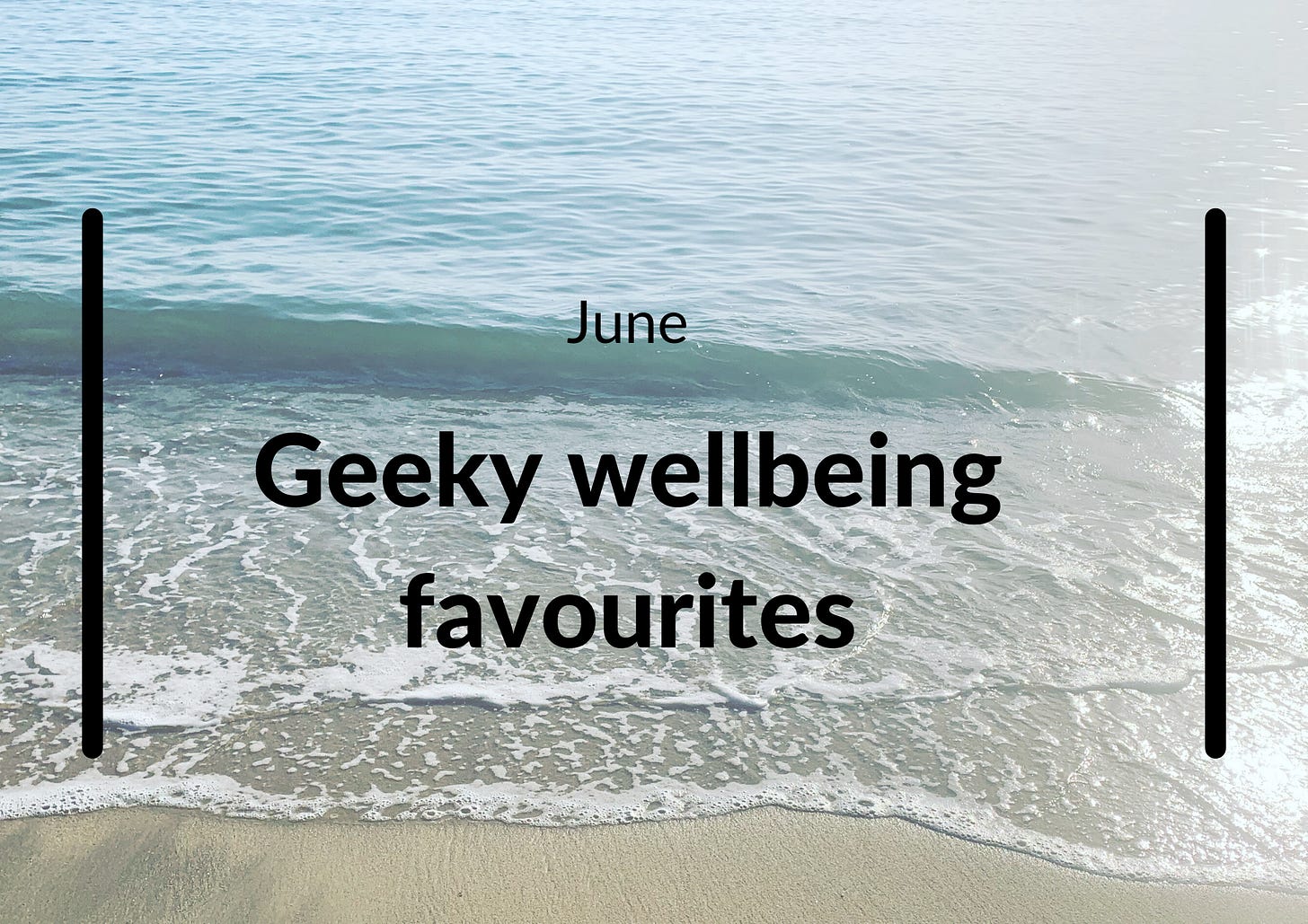Calling this year hectic would be an understatement. Family emergency (twice), buying a house, moving house, renovating said house, working full time and writing – and so it was suddenly June and I realised I hadn’t actually taken any time off all year.
It was time for a pause, and pause I did. I spent most of June with my family and oldest friends, a short break from my London life and a slightly shorter break from my day job and writing. As I write this, I have just come out of quarantine, which feels like a slightly shittier extension of my otherwise very enjoyable pause.
Pausing is crucial. It gives us an opportunity to reflect; an opportunity to notice how we feel, to notice what’s going on around us. It gives our bodies a chance to recover and repair, although unfortunately this sometimes means our bodies rebel (you know how you always end up getting a cold after a period of excess? That’s likely your immune system screaming it’s stressed).
It’s like the rebound pose in a yin yoga practice – that’s when you notice the effects of the pose, the imprint it leaves on the body and how it affects the mind.
Inspired? Here are a few pause-related ideas, as well as the usual yoga science highlights. Enjoy!
Read
Something a little different this month – there’s a lot of beautiful poetry that highlights the benefits of taking a moment to pause and reflect. I’ve written about my favourite poetry anthologies before, but here are some poems that might inspire a pause in you:
Priceless gifts – Anna Swir
Leisure – W.H. Davies (a classic)
The peace of wild things – Wendell Berry
Haikus are inspired by what we see or experience when we pause; I love this one and this one by the great Matsuo Basho
Paws – Cheekily including one of mine, inspired by Kitty
Practice
I was lucky enough to spend a few days by the sea during my pause, which is my happy place, my safe place and my relaxing place all rolled into one. This is a yoga nidra practice I recorded last summer by the sea on the beautiful Greek island of Naxos. And yes, there are real waves in the background.
Digital pause
Work sometimes snowballs and snowballs and at some point late in the afternoon you realise that you haven’t taken a break all day (and really need to pee too). I have been trying to force myself to take a 10min break every day at 3pm by putting it in my calendar. Most of the time I ignore it but sometimes it works, and I feel so much better for it.
There are a ton of apps out there to support pauses, but my favourite is the Breathing app. All you need to do is set your preferred pace (mine is 6:6 coherent breath), how long you want to do it for (usually 6 minutes) and then allow the sound to guide your breath.
Yoga science highlights
I may have paused but research has not! A lot of interesting studies out this month.
Yoga for better sleep: Sleep is our daily pause and yoga could help to make it a good one. A systematic review evaluated research on the effects of exercise (divided into physical exercise and mind–body exercise, which includes yoga) on sleep. Both types of exercise improved sleep quality, with no significant difference between the two, although the authors suggest that mind–body exercise may have additional mechanisms of improving sleep beyond just the physical aspect.
Yin yoga to alleviate stress: I was kind of excited to see this one because I don’t think I’ve ever come across a study that specific evaluates yin yoga. A 6-week programme helped pharmacy students and faculty members experience less stress and anxiety, as well as more mindfulness. This was a really tiny study (just 20 participants) but interesting – and unsurprising – finding.
Wellbeing at work: Working from home during the pandemic has been challenging for a lot of people but yoga could help. A small study (26 participants) found that an online yoga programme significantly reduced stress levels, improved wellbeing and enhanced the ability to cope with challenges, compared with no intervention (control). Another systematic review of the published literature found that online yoga is an effective way of delivering the practice and may equally beneficial effects.
Speaking of repair: Another small study (61 participants) found that yoga helped to reduce DNA damage and enhance DNA repair in patients with type 2 diabetes. This might explain some of the beneficial effects of yoga in this condition (although usual caveats apply).
Mind–body effects: Not a yoga study and slightly hard to follow but interesting nonetheless, and the findings potentially apply to yoga as well – this one looked at the effects of Qi Gong on the autonomic nervous system (ANS) of practitioners. The rhythm of the switch between sympathetic and parasympathetic nervous system correlated with the rhythm of the practice itself (ie sympathetic activation during exercise and parasympathetic during rest). Following practice, all practitioners reported feeling more calm and connected to their bodies than they did before practice.
You may have missed
The blog was quiet this month (only one post), so in addition to that here are a few more oldies but goodies that might be of interest:
Meditation/yoga/other mind–body practice is not for me, and other such myths – How Headspace used behavioural science to support practitioners in staying engaged with their meditation practice, and what we can learn from them.
Is digital the path to enlightenment? – Research suggests that digital solutions like apps help to reduce stress and anxiety.
Let’s talk yoga books – Pause for me means lots of reading, so here are some yoga book suggestions for your summer enjoyment.








